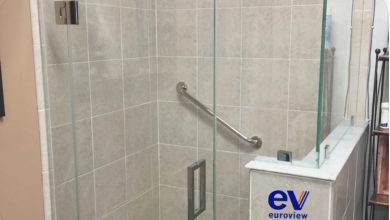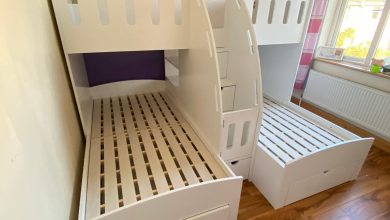
Have you ever heard about HEPA filters or fiberglass filter paper or pleated filters?
Well, it’s the most frequently used filter at residential and commercial places. It contains multiple advantageous reasons. There is another kind of filter that exists in the filtration industry that is known as the ULPA filter. These filters are designed for specific purposes and installed in clean areas and many other reasons. Find more about HEPA and ULPA Filters.
How a HEPA filter differs from ULPA
You may know about how the HEPA works but here we are differentiating between the application areas of HEPA and ULPA Filters.
- The efficiency of the HEPA filter
High-efficiency particulate filters are the HEPA filters that claim to eliminate 0.03-micron diameter dust and pollutants with a 99.99% accuracy rate. This fact makes them the most specific material.
- The efficiency of the ULPA filter
If we talk about the technical functioning, ULPA is tremendously useful. If the dust particle diameter is 0.12 microns it can filter the surfaces and most cleaned rooms with 99.9995%. Efficiency rate.
After comparing both, we want to tell you that HEPA filters are best suitable for residential uses and you should prefer them over ULPA filters. ULPA is known for ultra-low particulate filters.
Comparison between HEPA and ULPA filters
Borosilicate fibers are present in both filters but at different density levels. When we compare both based on their technical level HEPA filters are far better than ULPA.
To define the number of air cycles at a specific volume, there is a parameter known as the ACH. Every piece of equipment works on a specific amount of power. HEPA filters easily get adjusted with this power and maintain the airflow and air quality of the indoor atmosphere.
On the other side, ULPA filters are high-density filters that impact the airflow of the room. It also affects the efficiency of the HVAC systems, with the low ACH and as an outcome, you have to pay extra charges on electricity bills.
ULPA filters are technically good but unable to deliver the fresh quality of airflow concerning time. HEPA filters perform numerous air cycles per hour to filtrate the indoor air without affecting the airflow.
Importance of ULPA filters
The materials or components that are highly sensitive to dirt and pollutant particles are protected by ULPA filter arrangements. The industrial inventory houses or manufacturing firms install these filters to make a proper clean atmosphere where the professional can assemble the different parts and nothing can impact the looks and operational behavior of tools and other parts. ULPA filters possess a proper intense clean environment for the components.
ULPA filters play a vital role in making, assembling, and storing the components in ultra-clean areas. So no problem can arise and customers can get a decent set of models and machines.
In bold words, we want to clear that both are used to filtrate the air and deliver clean and fresh airflow but their implementation is quite different. ULPA filters are designed for a specific System that is much stronger, capacitance, and power structures, and HEPA are manufactured for different systems. For homes, you can choose Polyester Filter Cloth or other HEPA filters.
ULPA versus HEPA Filter Systems
Alright, however on the off chance that ULPA is superior to HEPA at catching more and more modest particles, (for example, little infections), for what reason would we say we are as yet utilizing HEPA?
This is on the grounds that, for this situation, “better” is just obvious in a barely characterized sense. While ULPA channels gather more particles in that difficult to-trap 0.12-0.4 territory, they are just essential for specific applications, for example, microelectronics assembling or clinical research facilities, eliminating particulates from cleanrooms, or separating harmful careful crest transmitted during electro-careful tasks.
Conclusion
HEPA channels, paradoxically, are considerably more comprehensively utilized on the grounds that they’re viewed as ideal for most organic applications, including medical services. To act as an illustration of why HEPA channels function admirably in medical clinics, consider that infections, which are more modest than 0.3 micrometers and hypothetically could go through a HEPA channel, regularly travel on bigger particles, for example, salivation or sweat, along these lines being caught. for example, appropriately introducing transitory obstructions, establishing a negative air climate with HEPA-prepared filtration machines, and cleaning with HEPA sifted vacuums.
While from the outset, it might appear as though basically supplanting your HEPA channel with a ULPA channel is a smart thought, we trust you currently comprehend why that wouldn’t work. A filtration framework intended for a specific wind current should be intended to foresee the channel component’s protection from the stream, and a ULPA channel would be too prohibitive in a framework intended for HEPA. More significant is that ULPA filtration would be costly pointless excess whenever filled in for HEPA in many applications.
For those accused of limiting airborne residue and microbes during development in medical care settings, HEPA channels are as yet the suggested standard.





